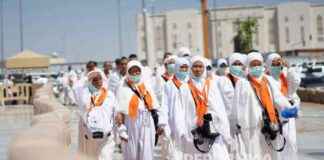Russia Accused of Recruiting Ukrainian Teenagers for Sabotage Operations
In a shocking development in Ukraine, President Volodymyr Zelensky has rejected Western suggestions to recruit teenagers aged over 18 as soldiers, highlighting a clear stance against involving young individuals in military activities. However, on the flip side, Russia has been accused of recruiting teenagers to act as agents to undermine the Ukrainian military.
Russian Recruitment of Teenage Agents
The accusations surfaced after Ukrainian Security Service (SBU) and National Police officials apprehended two groups of agents allegedly paid by Russia. These groups were dismantled by the SBU following indications of sabotage activities in Kiev. The SBU, as reported by Ukrinform, pointed fingers at Russian secret agents from the FSB for recruiting and funding these individuals to carry out acts of sabotage.
Sabotage Operations and Recruitment Tactics
These recruited agents conducted arson attacks in Kiev and Volyn regions, with a primary focus on Defense Forces vehicles and Ukrzaliznytsia’s relay cabinets, responsible for train movements. In a disturbing incident, a 22-year-old local military contract soldier in Kiev was recruited remotely by Russian agents. He then enlisted two unemployed teenagers to participate in sabotage activities. These teenagers were lured with promises of quick earnings in exchange for collaboration with Russia.
Impact of Sabotage Actions
The perpetrators set fire to two relay cabinets along the railway line controlling train traffic in Kiev. They purchased flammable liquid and screwdrivers, which they used to breach the relay system before dousing its technological components with gasoline. This series of events underscores the dangerous implications of foreign recruitment of young individuals for destructive purposes, raising concerns about the vulnerability of teenagers to such manipulative tactics.
As we digest this troubling news, it is essential to reflect on the ethical and moral responsibilities that come with recruiting and involving young people in activities that endanger lives and national security. It is a stark reminder of the importance of safeguarding our youth from exploitation and ensuring they are nurtured in environments that promote peace, education, and constructive engagement. Let us use this revelation as a call to action to protect our teenagers from falling prey to malicious agendas and to empower them to become agents of positive change in society.














